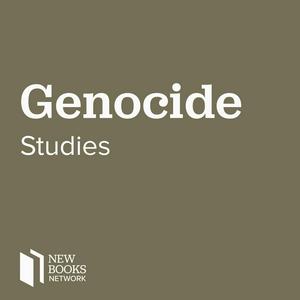Robert Hutchinson, "After Nuremberg: American Clemency for Nazi War Criminals" (Yale UP, 2022)
Robert Hutchinson's After Nuremberg: American Clemency for Nazi War Criminals (Yale UP, 2022) is about the fleeting nature of American punishment for German war criminals convicted at the twelve Nuremberg trials of 1946–1949. Because of repeated American grants of clemency and parole, ninety-seven of the 142 Germans convicted at the Nuremberg trials, many of them major offenders, regained their freedom years, sometimes decades, ahead of schedule. High-ranking Nazi plunderers, kidnappers, slave laborers, and mass murderers all walked free by 1958. High Commissioner for Occupied Germany John J. McCloy and his successors articulated a vision of impartial American justice as inspiring and legitimizing their actions, as they concluded that German war criminals were entitled to all the remedies American laws offered to better their conditions and reduce their sentences. Based on extensive archival research (including newly declassified material), this book explains how American policy makers’ best intentions resulted in a series of decisions from 1949–1958 that produced a self-perpetuating bureaucracy of clemency and parole that “rehabilitated” unrepentant German abettors and perpetrators of theft, slavery, and murder while lending salience to the most reactionary elements in West German political discourse.
Nicholas Misukanis is a doctoral candidate in the history department at the University of Maryland - College Park. He studies modern European and Middle Eastern history with a special emphasis on Germany and the role energy autonomy played in foreign and domestic German politics during the twentieth century. He is currently working on his dissertation which analyzes why the West German government failed to convince the public to embrace nuclear energy and the ramifications this had on German politics between 1973 and 1986. His work has been published in Commonweal, America: The Jesuit Review, The United States’ Naval Academy’s Tell Me Another and Studies on Asia. He can be reached at
[email protected].
Learn more about your ad choices. Visit megaphone.fm/adchoices
Support our show by becoming a premium member! https://newbooksnetwork.supportingcast.fm/genocide-studies


